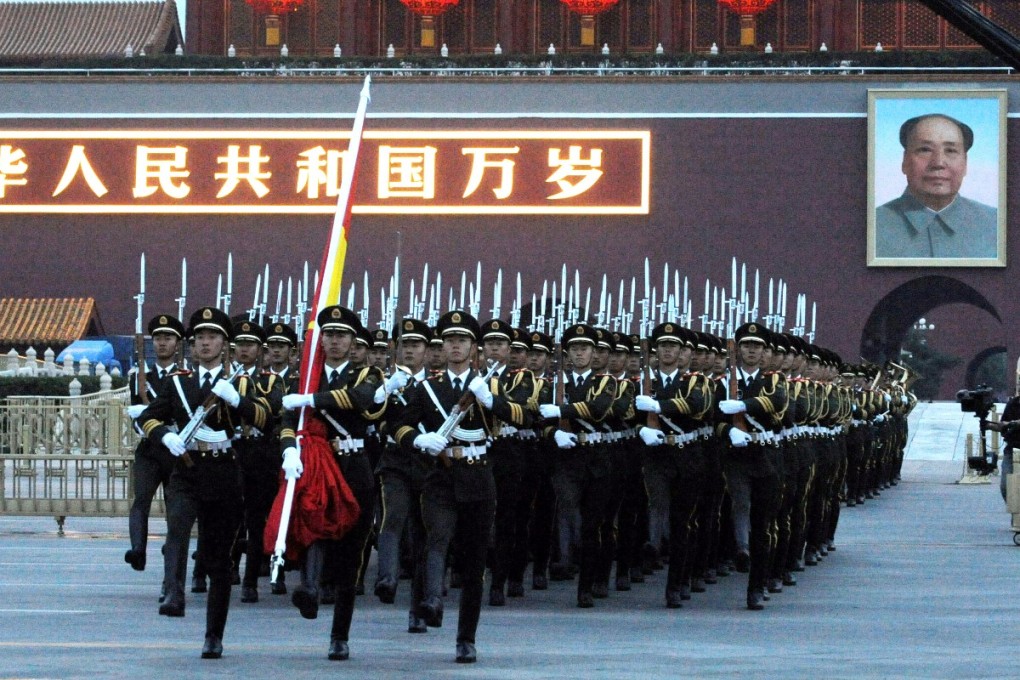What the Mainland Media Say | Corruption bust show's PLA's biggest threat, for now, lies inside
State media hail new graft probes into 16 officers as a sign of progress, but many people see them asthe tip of the iceberg

China's military recently took the unprecedented step of announcing that 16 military officers had been put under investigation in 2014 for suspected graft.
The list included some names that had been released before, such as former vice chairman of the Central Military Commission Xu Caihou, the most senior military leader to be probed for corruption since 1949. New names include Yu Daqing, deputy political commissar of the Second Artillery Corps, China's nuclear forces; and Liu Zheng, the deputy head of the PLA's Logistics Department, who replaced General Gu Junshan, himself charged with graft in late 2012.
Major state media welcomed the decision.
The Liberation Army Daily said it marked "progress in the army's anti-graft campaign and its willingness to subject itself to the people's supervision".
The Global Times said the new batch of investigations highlighted the severity of the problem within the army. The paper's English-language edition said "heavy-handed gestures" were required "to serve as a warning against hidden corrupt officers".
In recent years, it has become an open secret that the People's Liberation Army is riddled with bribery, embezzlement, corruption, and jobs for sale. Still, the nation has been alarmed by reports of some high-profile cases, such as Xu's and Gu's.
